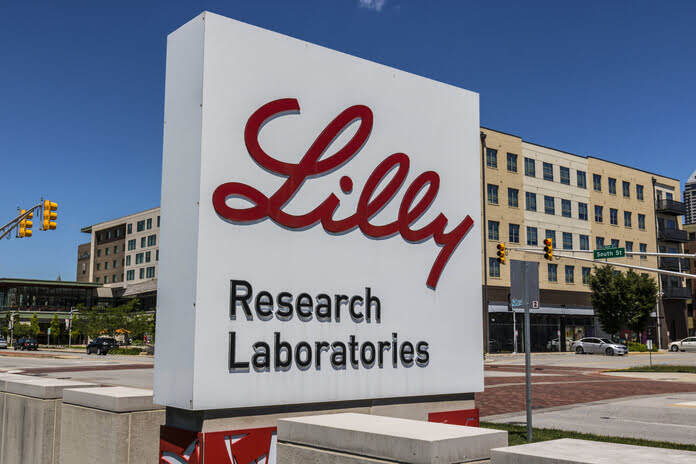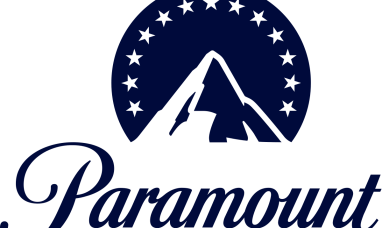Eli Lilly (NYSE:LLY) witnessed a 2.3% decline in its stock on Monday following the release of detailed results from the phase III SURMOUNT-4 study on its obesity drug Zepbound (tirzepatide). The study revealed that patients who stopped using Zepbound for over a year might gradually regain lost weight. These findings were also published in the Journal of the American Medical Association (JAMA).
The SURMOUNT-4 study assessed Zepbound against a placebo in adults with obesity or overweight and weight-related comorbidities (excluding type 2 diabetes) over 88 weeks. Participants were initially required to take Zepbound for 36 weeks, after which they were randomized into two groups to either continue with Zepbound or switch to a placebo for an additional 52 weeks.
Results indicated that patients who continued Zepbound treatment achieved an additional mean weight loss of 5.5% during the randomization period, while those in the placebo group reported an average weight gain of 14%. The overall mean weight reduction during the 88-week treatment period was 25.3% for Zepbound-administered patients compared to 9.9% for those receiving a placebo.
Eli Lilly’s shares have surged 59.6% year-to-date, outperforming the industry’s 4.3% growth.
Zepbound received FDA approval last month for chronic weight management in adults with obesity or overweight and was launched earlier this month. Before its approval, the drug was used off-label for weight loss under the trade name Mounjaro for adults with type 2 diabetes mellitus.
Eli Lilly is actively exploring other obesity candidates in its pipeline, including retatrutide (GGG tri-agonist) and orforglipron, developed for type II diabetes and obesity. The company also acquired biotech firm Versanis in August to strengthen its position in the obesity market.
The obesity market has gained increased attention since Novo Nordisk’s FDA approval for Wegovy in 2021. Other major pharmaceutical companies like AstraZeneca and Roche are also exploring opportunities in the lucrative obesity space. Roche recently announced its entry into the obesity market through the acquisition of Carmot Therapeutics, while AstraZeneca entered an exclusive deal with Eccogene to develop its oral drug ECC5004 for obesity and other cardiometabolic conditions.
Featured Image: Megapiixl









